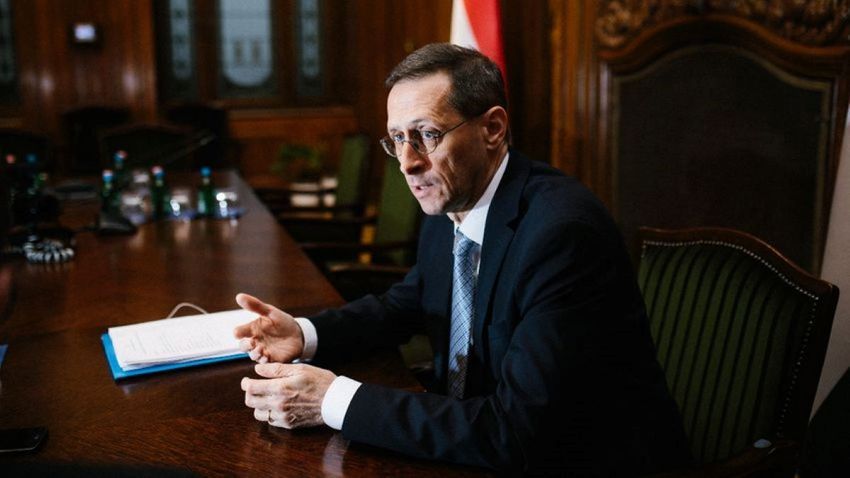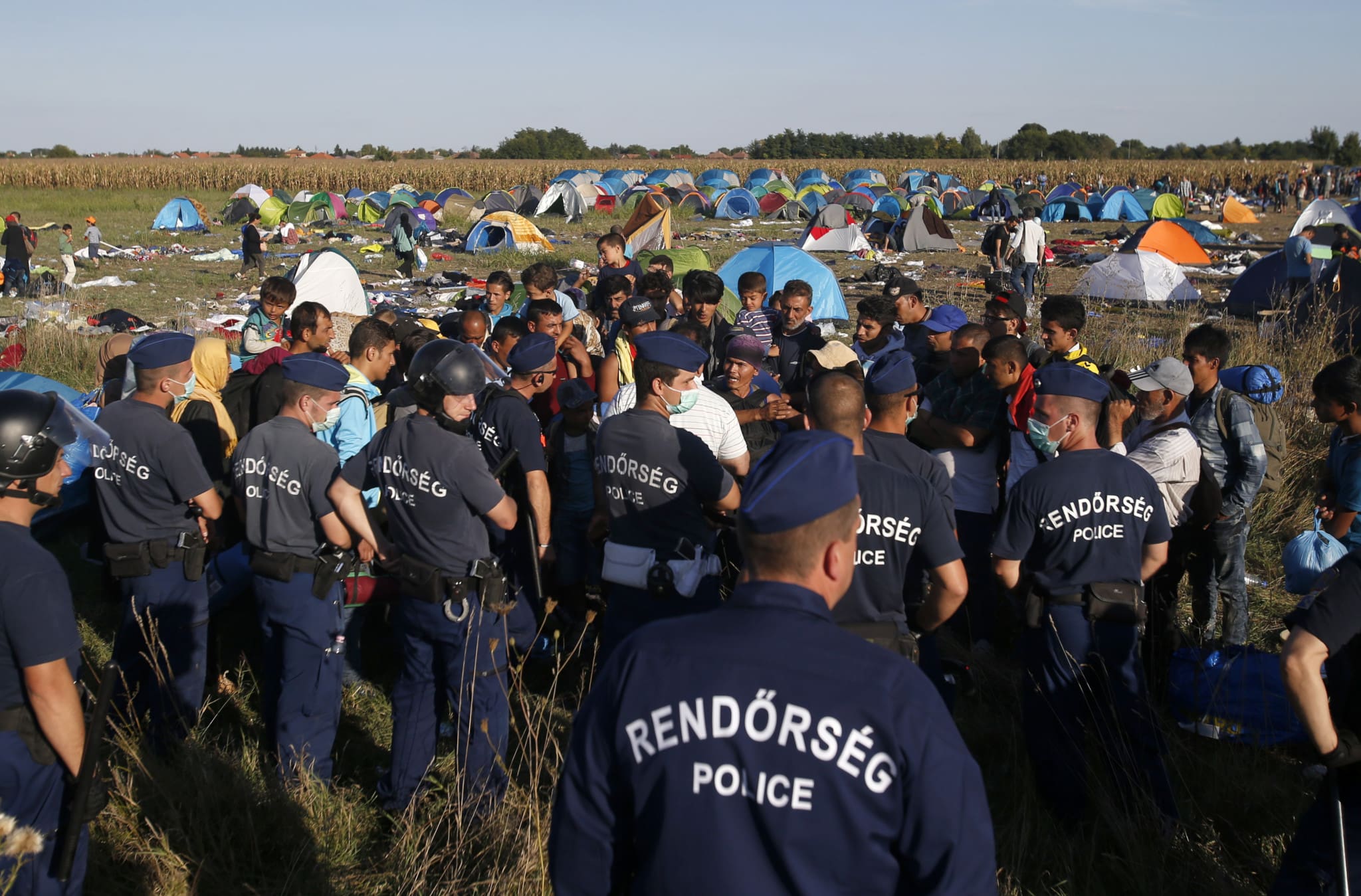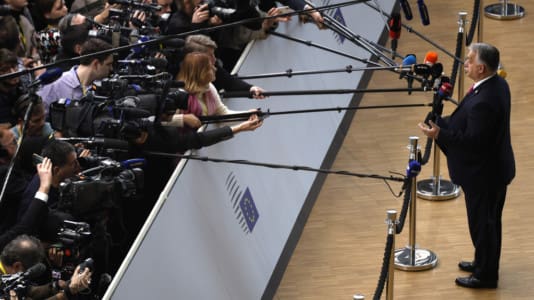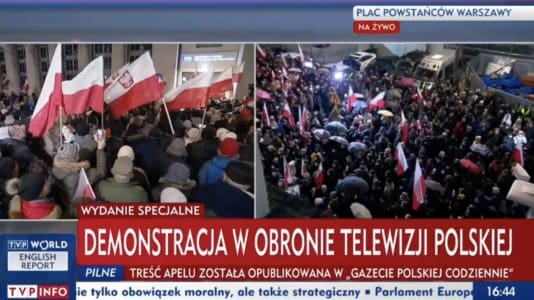Hungarian Finance Minister Mihály Varga wrote a letter to EU budget Commissioner Johannes Hahn to reimburse part of the costs of its migration control efforts that benefit the whole of the European Union.
“Since 2015, Hungary has stopped 1 million illegal border crossings at the country’s southern Schengen border. Migration pressure is increasing, with Hungarian border guards dealing with 100,000 illegal migrants this year alone,” Varga wrote.

He noted that the EU’s current rules are based on a decades-long consensus wherein the member states located at the external borders of the Union provide for border protection from common funding. However, the situation has drastically changed since the 2015 migration crisis, and Hungary has done its best to stave off wave after wave of migrants.
“In response to the increase in migration, Hungary has adapted to the changed situation and successfully stopped illegal immigration. Hungary is fulfilling its commitment to protect the whole European Union against illegal immigration,” Varga wrote.
“This also puts an increasing burden on national budgets: While we have spent more than €1.6 billion on border protection since the migrant crisis broke out, the EU contribution to this cost is barely more than 1 percent. (…) We expect that the resources should be adjusted to take account of the changed tasks in the spirit of burden sharing.”
Concluding the letter, Varga asked Hahn to “take the necessary steps to address the funding imbalances described.”
However, this is not the first letter in relation to this topic. As Remix News previously reported in 2021, Prime Minister Viktor Orbán requested that the EU help cover the cost of Hungary’s border defense efforts.
“Hungarian border protection measures have recently become a model. It can be seen that in 2021, in addition to Hungary, Greece, Spain, Bulgaria, Slovenia, Estonia, Lithuania, Latvia, and Poland have built or are building border protective barriers,” wrote Orbán.
In September 2017, Orbán sent a similar letter to then Commission President Jean-Claude Juncker asking him to reimburse half of the €800 million spent to that date, but to no avail.






